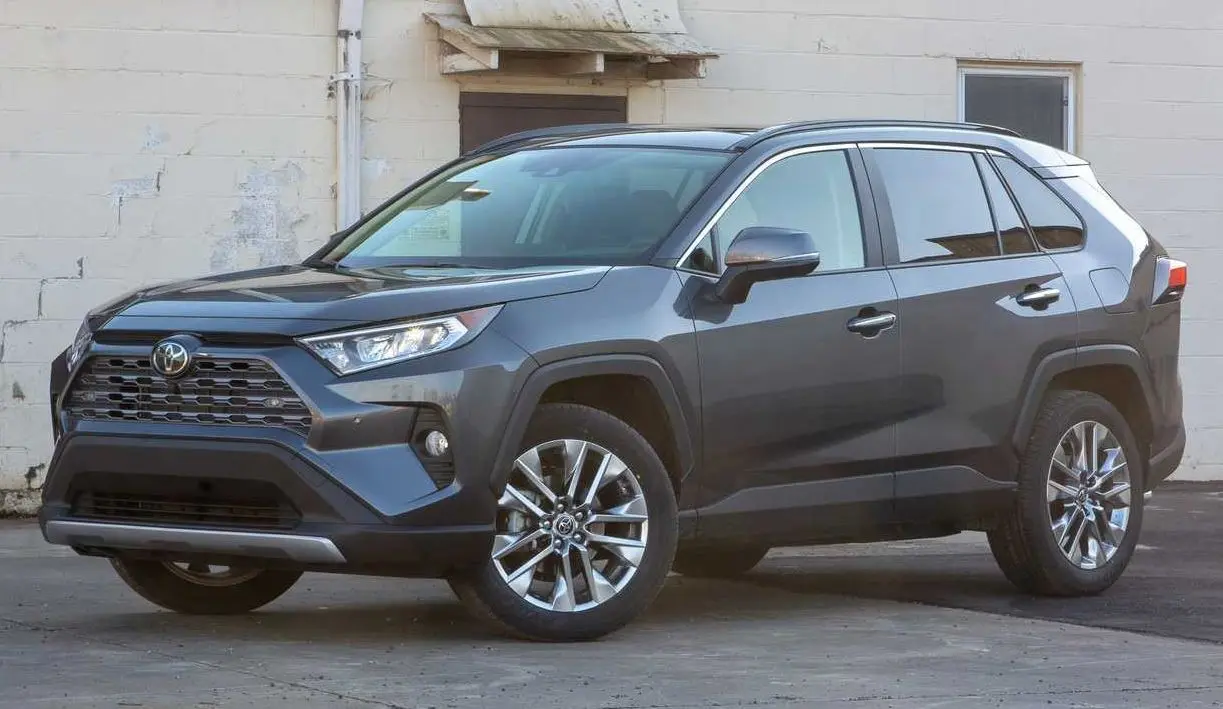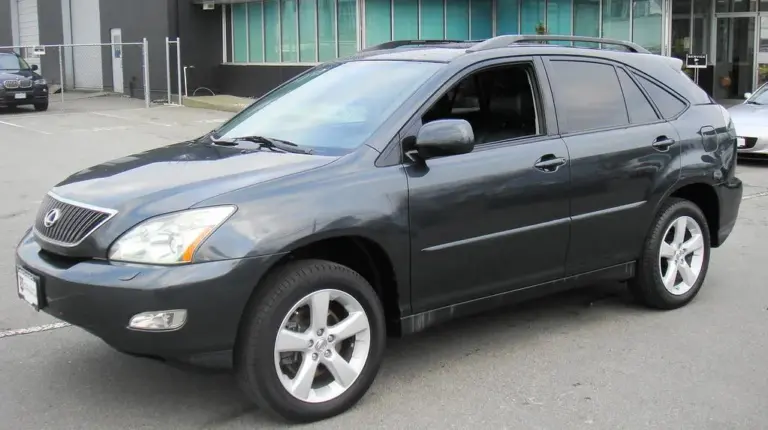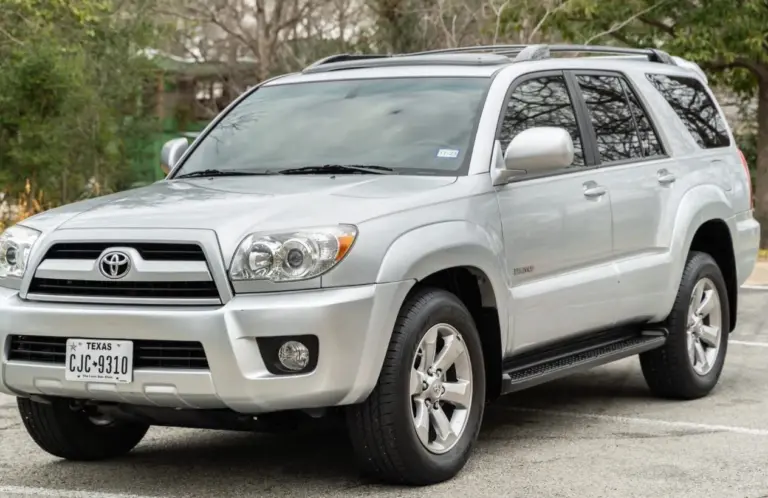Toyota RAV4 Years to Avoid (Updated)
The Toyota RAV4 has been a popular compact SUV since its introduction in 1994. Known for its reliability and versatility, it has become a top choice for many car buyers.
However, like any vehicle, certain model years have experienced more issues than others. If you’re in the market for a used RAV4, it’s crucial to know which years to avoid to ensure you get a dependable vehicle that won’t leave you with costly repairs.
Toyota RAV4 Years to Avoid
When considering a used Toyota RAV4, it’s important to be aware of the model years that have had the most reported problems. Here’s a quick overview of the RAV4 years to avoid and their associated issues:
| Model Year | Major Issues |
|---|---|
| 2001-2003 | Transmission failures, ECM problems |
| 2006-2008 | Excessive oil consumption, engine problems |
| 2009-2012 | Unwanted acceleration, brake issues |
| 2013 | Low-speed vibration, transmission problems |
| 2019 | Transmission issues, fuel tank problems |
2001-2003 Toyota RAV4
The second-generation RAV4 models from 2001 to 2003 are notorious for transmission problems. Owners frequently reported issues such as:
- Jerky gear shifts
- Hesitation when accelerating
- Complete transmission failure
These problems often stemmed from a faulty electronic control module (ECM), which led to improper transmission behavior. The average cost to replace or repair the transmission in these models often exceeded $3,000, making them a risky choice for used car buyers.
2006-2008 Toyota RAV4
The 2006-2008 RAV4 models were plagued by excessive oil consumption due to defective piston rings. This issue allowed oil to seep into the combustion chamber, where it would burn off at an abnormal rate. Many owners reported needing to add oil every 1,000 miles or less, which is far from standard.
In addition to oil consumption problems, these model years also experienced engine issues, including:
- Engine stalling
- Sudden loss of power
- Check engine light illumination
2009-2012 Toyota RAV4
The 2009-2012 RAV4 models faced issues related to unwanted acceleration and brake problems. Some drivers reported that their vehicles would suddenly accelerate without pressing the gas pedal, leading to potentially dangerous situations. Additionally, brake issues were common, with complaints about:
- Squealing brakes
- Premature brake wear
- Reduced braking performance
2013 Toyota RAV4
The 2013 model year marked the beginning of the fourth generation RAV4. While it introduced many improvements, it also came with its share of problems. The most notable issues included:
- Low-speed vibration
- Transmission problems
- Interior quality concerns
Many owners reported experiencing a vibration or shudder when driving at low speeds, particularly between 20-40 mph. This issue was often related to the torque converter and required costly repairs.
2019 Toyota RAV4
The 2019 RAV4, which kicked off the fifth generation, experienced several problems that make it a year to avoid. The most significant issues included:
- Transmission problems (hesitation, lurching)
- Fuel tank design flaw
- Infotainment system glitches
The fuel tank design flaw prevented some vehicles from filling to their full capacity, reducing the overall range. Additionally, many owners reported transmission issues, particularly at lower speeds, causing hesitation and lurching.
Common Problems Across these Model Years
While each model year had its specific issues, some problems were common across multiple generations of the Toyota RAV4. These include:
Transmission Issues
Transmission problems have been a recurring theme for several RAV4 model years. Symptoms often include:
- Rough shifting
- Delayed engagement
- Slipping gears
- Transmission failure
Engine Problems
Engine-related issues have affected various RAV4 models, with common problems including:
- Excessive oil consumption
- Engine stalling
- Loss of power
- Check engine light illumination
Electrical System Glitches
Electrical problems have been reported across different RAV4 generations, with issues such as:
- Battery drainage
- Faulty sensors
- Infotainment system malfunctions
- Lighting system failures
Suspension and Steering Concerns
Some RAV4 models have experienced suspension and steering problems, including:
- Excessive vibration
- Steering wheel lock-up
- Premature wear of suspension components
- Alignment issues
Frequently Asked Questions (F.A.Q)
Q1. Which Toyota RAV4 years are the most reliable?
While specific years vary in reliability, generally, RAV4 models from 2014-2018 and 2020 onwards have shown improved reliability. These years have fewer reported issues and tend to perform well in consumer satisfaction surveys.
Q2. How long do Toyota RAV4s typically last?
With proper maintenance, a Toyota RAV4 can last 200,000 to 250,000 miles or more. Many owners report their RAV4s lasting 15-20 years with regular care and timely repairs.
Q3. Are there any recalls for the Toyota RAV4?
Yes, various RAV4 models have been subject to recalls over the years. It’s important to check the National Highway Traffic Safety Administration (NHTSA) website or contact a Toyota dealer to see if a specific vehicle has any outstanding recalls.
Q4. What should I look for when buying a used Toyota RAV4?
When purchasing a used RAV4, consider the following:
- Vehicle history report
- Maintenance records
- Signs of excessive wear or damage
- Test drive performance
- Professional inspection before purchase
Q5. How does the RAV4 compare to other compact SUVs in terms of reliability?
Overall, the Toyota RAV4 is considered one of the more reliable compact SUVs on the market. However, its reliability can vary by model year. It’s often ranked alongside or above competitors like the Honda CR-V and Mazda CX-5 in terms of long-term dependability.
Wrapping Up
While the Toyota RAV4 is generally a reliable and popular compact SUV, certain model years have experienced more issues than others. By avoiding the problematic years mentioned in this article and conducting thorough research before making a purchase, you can increase your chances of owning a dependable RAV4 that will serve you well for years to come.







